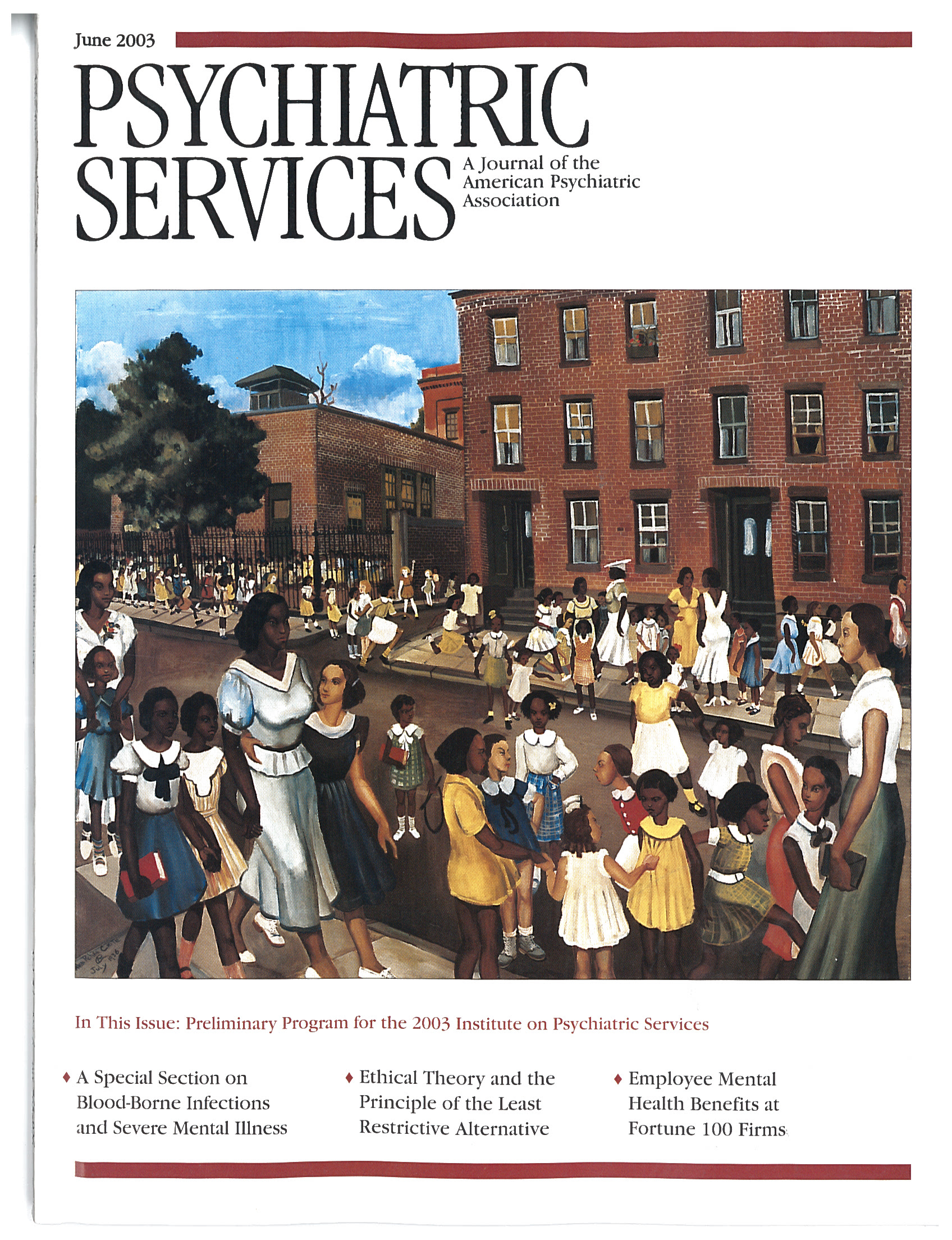Although forensic psychiatry was once practiced by only a few specialists, more and more psychiatrists are becoming privately retained experts. These clinicians are the intended audience for what this book's authors, highly respected forensic psychiatrists, call "a conceptual successor" to their previous book, the now-classic
The Psychiatrist as Expert Witness (
1). By explaining the basic assumptions of the legal process, comparing the process with the medical model, and drawing parallels with clinical practice, Drs. Gutheil and Simon clearly and concisely explicate the challenges faced by psychiatric experts working in the judicial system.
In many ways, Mastering Forensic Psychiatric Practice: Advanced Strategies for the Expert Witness is like the Worst Case Scenario books currently seen in bookstores across the nation. It outlines some of the more common pitfalls that can befall psychiatrists when they enter the courtroom. In addition to providing a context for potential problems, the authors supply tried-and-true suggestions for the prevention and resolution of such problems.
The book is divided into six subject areas: the role of the expert witness in the legal system, practical business matters faced by forensic psychiatrists, potential disputes between forensic psychiatrists and attorneys, forensic countertransference, depositions and trials, and ethical issues. One of the book's assets is its three appendixes: "A Model Consent Form," "Model Fee Agreement Guidelines," and "Ethical Guidelines for the Practice of Forensic Psychiatry," created by the American Academy of Psychiatry and the Law. The first of these appendixes formalizes the difference between the treating psychiatrist and the forensic psychiatrist—a distinction that is frequently blurred by experts, attorneys, and the individuals being examined. The second appendix serves as a map for navigating the murky financial waters of forensics, offering a checklist of items to consider when contracting to be an expert.
However, perhaps the most important contribution of this slim volume is its attention to ethical dilemmas inherent in the practice of forensic psychiatry. In the last part of the book, as well as throughout the text, the authors address the various guises in which ethical problems can appear, in the hope that, as in clinical practice, early recognition will prevent later disaster. Never, though, is the information presented in a judgmental or preachy tone; instead, the issues are compared with those encountered in treatment settings.
If this book has a weakness, it is the section on expert psychiatric and psychological testimony for the courtroom. This chapter, adapted from an article cowritten by Dr. Gutheil for another publication, has a very different tone from the pleasing mixture of pragmatic and philosophical information prevalent in the rest of the book. It reads almost like a law text and at times is too detailed and esoteric for the beginning—or even experienced—psychiatric expert witness.
That, however, should not deter anyone who is considering dipping a professional toe into forensic waters from buying this book, reading it cover to cover, and then placing it within arm's reach on the nearest bookshelf. Like its predecessor, it is destined to be a must-have for any clinician engaged in the legal process.

